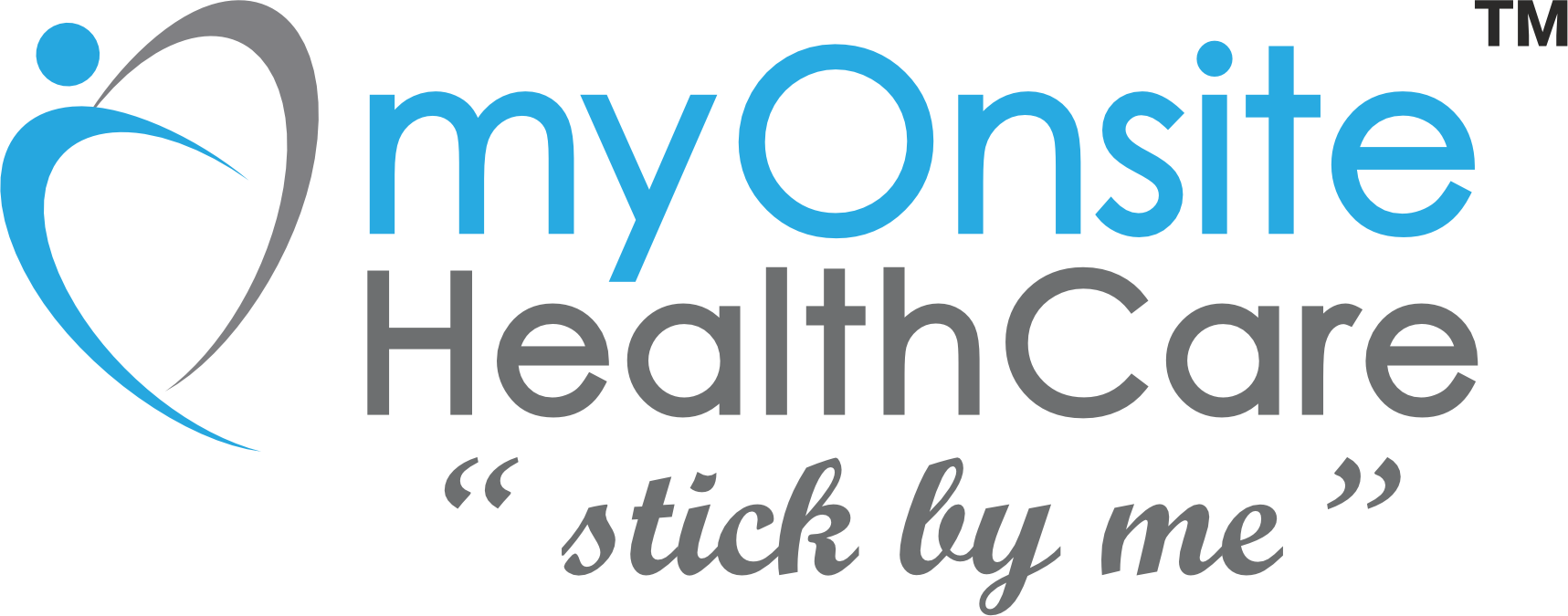Heart disease is among the leading causes of death in the United States. Regardless of age, gender, race, or background, anyone can develop a heart condition. Because heart conditions can be high risk and affect so many people, you should become familiar with symptoms, risk factors, and prevention measures.
Someone diagnosed with heart disease should be careful; the condition can lead to serious health problems if left untreated. Poorly managed heart disease can have major health consequences, including an increased risk for stroke, a severe medical condition characterized by the interrupted or reduced blood supply to the brain.
1. Know the risk factors and keep a check : Some behaviors and conditions that put people at a greater risk of heart disease includes:
-
- High blood pressure: Millions of people across the US have high blood pressure. Hypertension or High blood pressure puts you at an increased risk of developing heart disease and other medical issues, including stroke.
- High cholesterol: High LDL cholesterol increases the risk of heart disease. Cholesterol can build up in the artery walls and limit the blood flow to the heart, brain, kidneys, and other parts of the body. Obesity, unhealthy food, inadequate physical activity, smoking, and diabetes can contribute to high cholesterol.
- Smoking: Smoking damages the blood vessels of the body, which can cause heart disease.
- Obesity: Extra weight puts stress on the heart, putting you at a higher risk of developing heart disease.
- Diabetes: Diabetes can damage blood vessels in the heart and block blood vessels leading to the brain, causing a stroke.
- Physical inactivity: Being physically active helps keep the blood vessels and the heart-healthy while decreasing risk factors like obesity, high blood pressure, high cholesterol, and type 2 diabetes.
- Unhealthy diet: A healthy diet is the best weapon to prevent cardiovascular disease. Eat larger portions of low-calorie, nutrient-rich foods, such as fruits and vegetables, and smaller portions of high-calorie, high-sodium foods, such as refined, processed, or fast foods, as they increase the risk of developing heart disease.
2. Symptoms and Signs of heart disease or stroke: If you or your dear ones have any of the below signs or symptoms, immediately see your doctor and get the required test done without any delay.
The major signs of heart disease include:
-
- Pain, tightness, and discomfort in the chest. This condition is also referred to as angina
- Shortness of breath
- Pain in the neck, jaw, throat, or back
- Nausea (this symptom is more common among women)
- Extreme fatigue (this symptom is more common among women)
Signs of a stroke include:
-
- One side of the face droops
- One arm feels numb or weak
- Difficulty in speaking
3. Prevention : Here are some simple actions you can take right now to prevent heart disease and reduce your risk factors.
-
- Get your blood pressure and cholesterol checked regularly
- Consume healthy and nutritious food
- Maintain a healthy weight
- Manage stress
- Get regular physical activity
- Quit Smoking
- Get quality sleep
4. You and your doctor: a heart-healthy partnership: Keeping your heart healthy begins with regular visits to your doctor. Your doctor can advise you on your risk factors, including genetics and your overall health. He can also plan with you to keep your heart healthy, including exercise programs, diet, and regular monitoring of any ongoing risk factors you might have. An important part of monitoring and managing risk factors is blood tests and having regular checkups. With ongoing care and accurate monitoring, your doctor can put a plan in place to keep your heart as healthy as possible.
When it comes to your routine blood tests and lab services, myOnsite healthcare is another partner in keeping your heart healthy. Our professional phlebotomists will come to your home or office and collect specimens and blood draws and then drop it off at the lab of your choice and the results will be sent right back to your doctor.
To book an appointment, visit www.myonsitehealthcare.com, or you can call or text message us at (941)-271-0701
It’s never too late or too early to take control of your health.
Live Healthy and Stay Young at Heart!
References:
- https://www.cdc.gov/heart-disease/data-research/facts-stats/index.html
- https://intermountainhealthcare.org/blogs/topics/heart/2021/01/heart-disease-explained-signs-symptoms-and-how-to-reduce-your-risk/
- https://www.cdc.gov/heart-disease/about/index.html
- https://www.heart.org/en/about-us/heart-attack-and-stroke-symptoms
